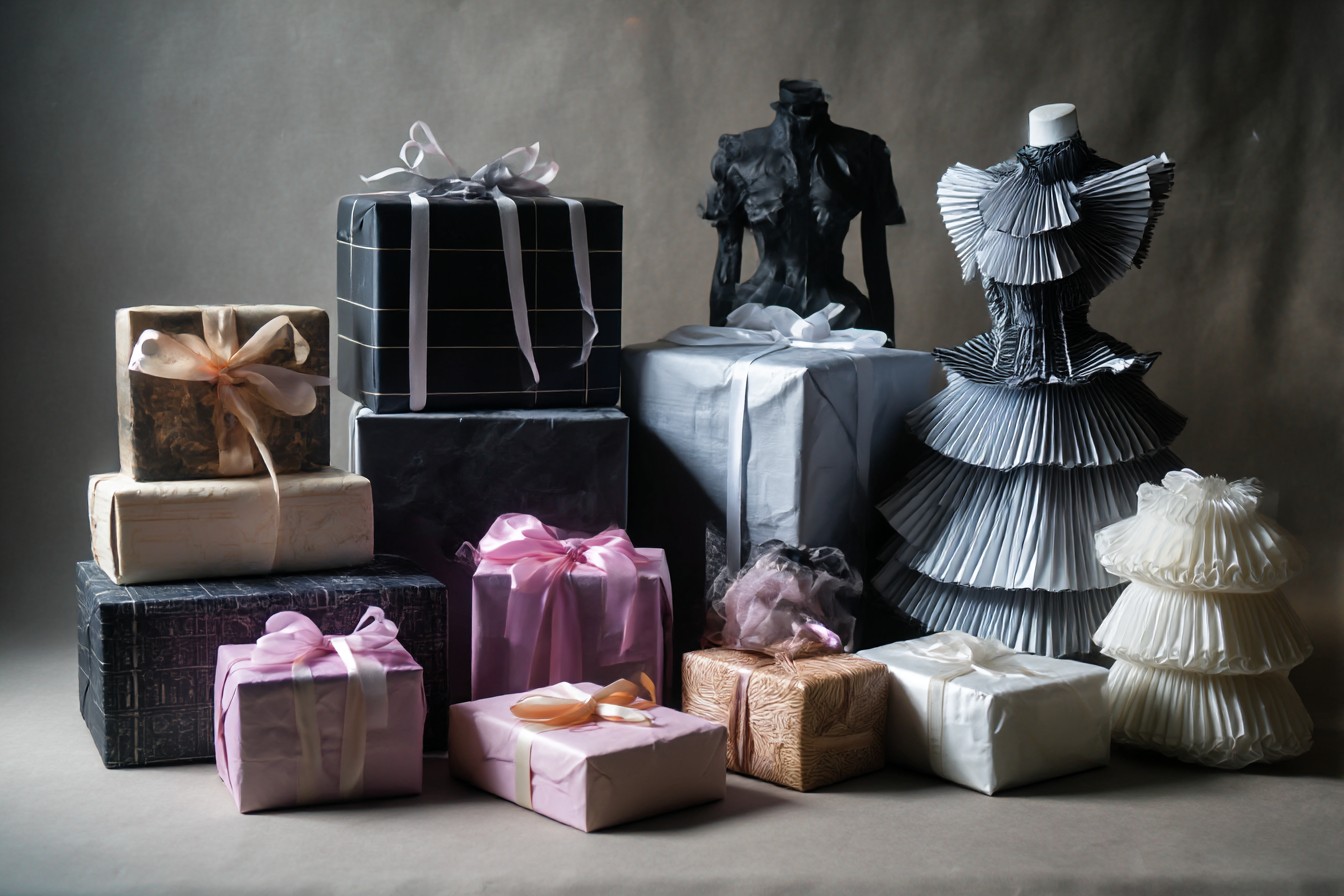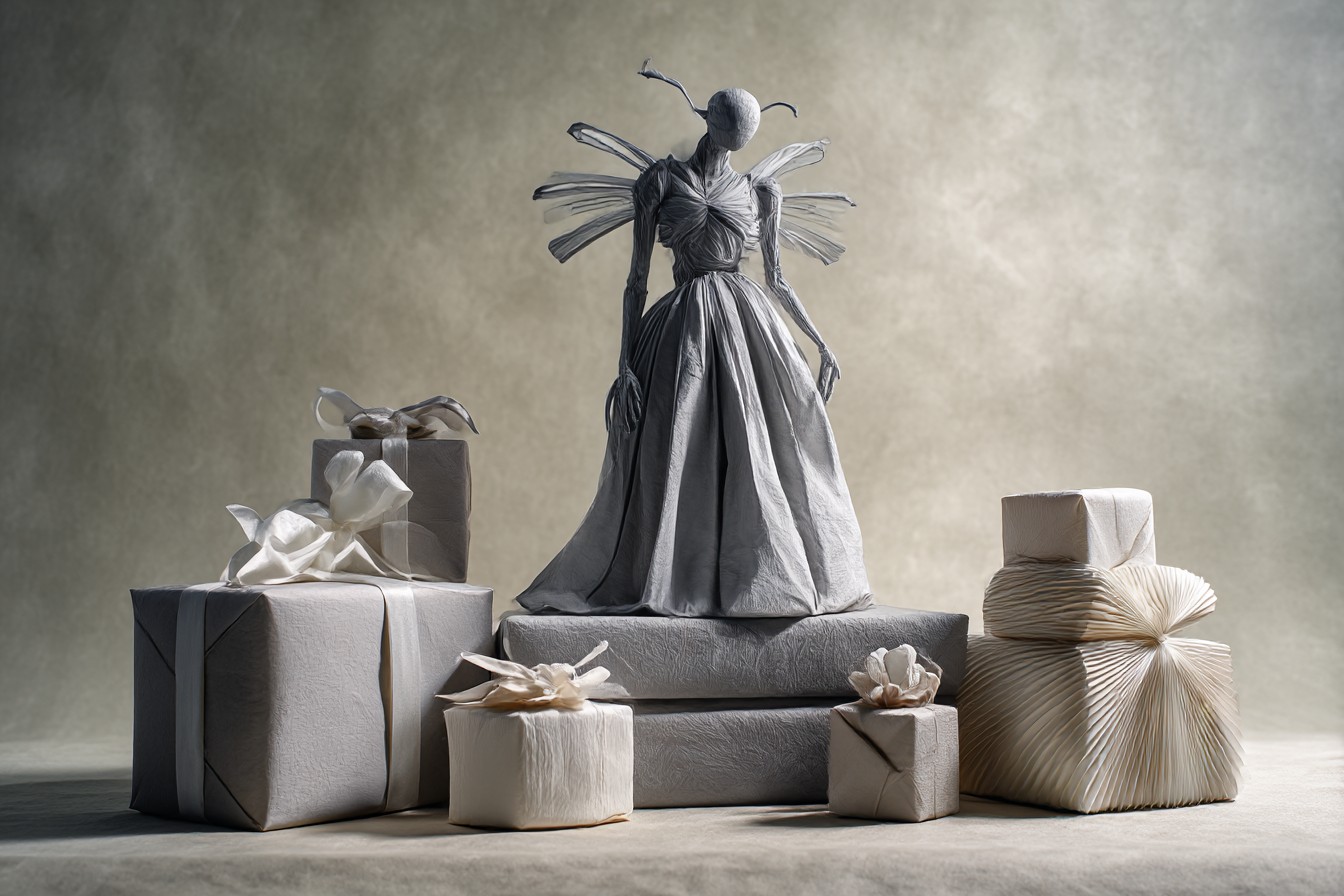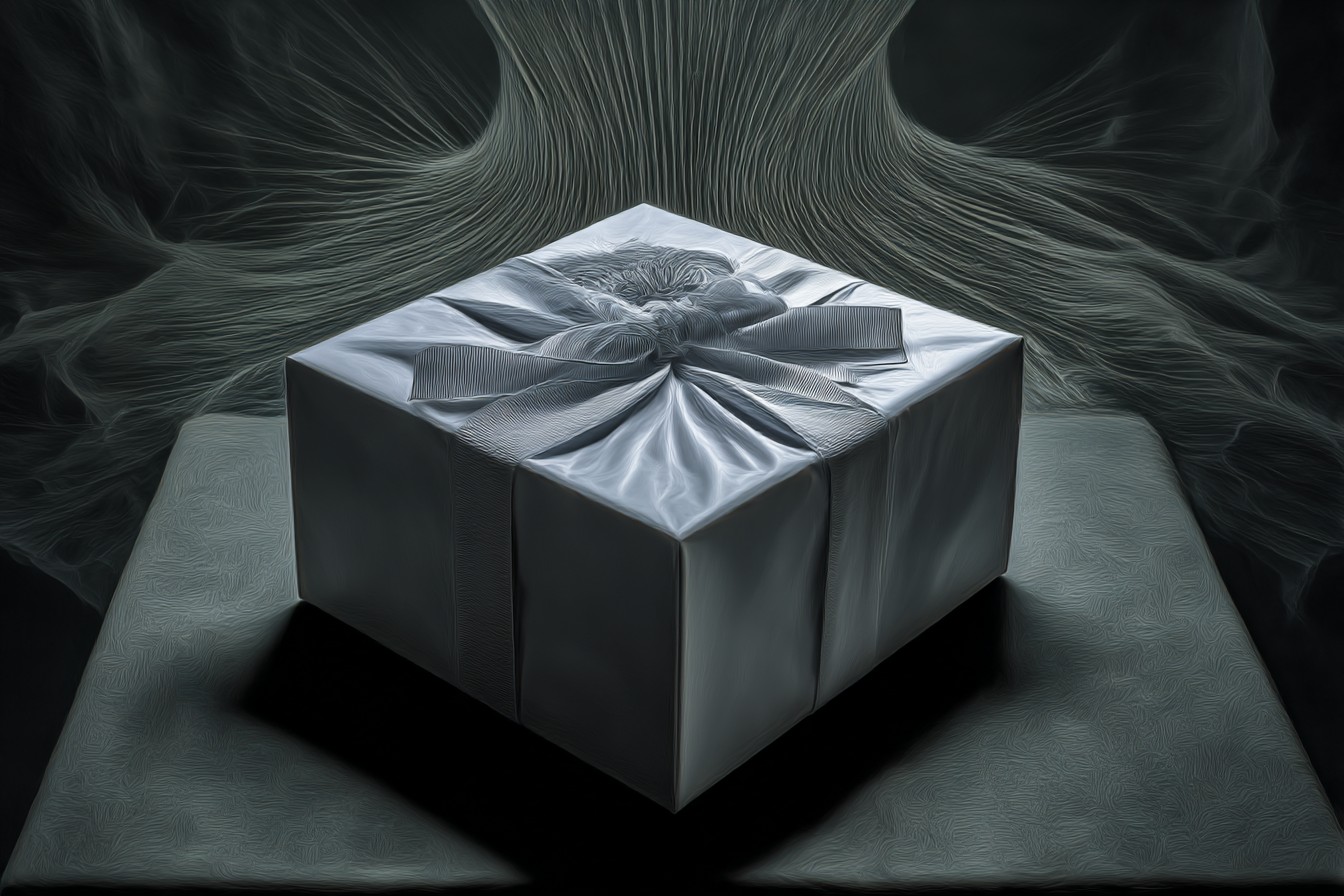I remember exactly where I was when I got the call about my dad’s heart attack—standing in the frozen foods section of Trader Joe’s, debating between cauliflower gnocchi or regular. My phone rang, I answered, and suddenly the freezer door was holding me up as my knees went weak. The next two weeks were a blur of hospital corridors, whispered conversations with doctors, and that horrible scratchy vinyl of waiting room chairs that never let you get comfortable.
When I finally made it back to my apartment, there was a package waiting. My childhood friend Mackenzie—who now lived three states away—had sent me what she called a “crisis comfort kit.” Inside was the softest blanket I’ve ever felt, a mug that said “This too shall pass” (cheesy, but I needed cheesy), lavender tea, and a journal with a note that said: “For when your thoughts get too loud to stay in your head.” I wrapped myself in that blanket and cried for the first time since the hospital.
Here’s the thing about gifts during hard times—they’re not just items. They become lifelines, physical reminders that you’re not floating alone in whatever personal hurricane you’re weathering. I’ve spent my career thinking about the psychology of gift-giving, but it wasn’t until I became the recipient during my own personal crises that I truly understood their power.
Jake’s aunt sent us a food delivery subscription after my miscarriage last year. Not the meal kit kind where you still have to chop and measure and pretend you have the energy to care about dinner. The kind where actual prepared meals showed up twice a week, and all we had to do was heat them up. “So you don’t have to think,” her card said. I hadn’t told her about the miscarriage directly—Jake had handled family communications while I was still processing. But somehow she knew exactly what we needed: permission not to have to function at full capacity.
Sometimes the most healing gifts don’t announce themselves as “healing” at all. My college roommate Dana sent me a ridiculous 1000-piece puzzle of dogs dressed as famous paintings during my first bout of serious depression. “This should keep your hands busy while your brain sorts itself out,” she wrote. I thought it was a strange choice at first—I hadn’t done a puzzle since I was maybe ten. But sitting there night after night, focusing on finding the edge pieces of a poodle dressed as the Mona Lisa, gave my spiraling thoughts somewhere to land. It was meditative without requiring me to be good at actual meditation (which, trust me, I am NOT).
I’ve noticed this pattern both personally and professionally—the best gifts for hard times often fall into specific categories. They either provide comfort, distraction, or practical support. And the ones that really stick with you? They solve a problem you didn’t even realize was making your situation worse.
Like when my mom died five years ago. I flew back to Massachusetts for the funeral, staying in my childhood bedroom that hadn’t changed since I left for college. My neighbor from across the street—who I’d barely spoken to in years—showed up with a basket that contained, among other things, a sound machine. “The silence at night is the worst part,” she said simply. She’d lost her husband the year before. And she was right—lying awake listening to the absence of my mother’s footsteps, her late-night tea kettle whistle, her terrible TV shows playing too loud because she refused to admit she needed hearing aids… the silence was deafening. That sound machine became my salvation, drowning out both the quiet house and my noisy grief with gentle ocean waves.
When my best friend Tara went through her divorce, I showed up at her new apartment with what I called an “Extreme Home Makeover: Fresh Start Edition” kit. It wasn’t fancy—just new sheets (because who wants to sleep on sheets that remind you of your ex?), a shower curtain with ridiculous flamingos on it that made her laugh despite herself, and a set of wine glasses that were way nicer than the ones she’d left behind. “These are just for you,” I told her. “No sharing required.” She texted me a week later saying she’d had wine by herself using “the fancy glass” while taking a bubble bath, and it was the first time she’d felt like herself in months.
There’s something to be said for gifts that acknowledge the reality of the situation instead of trying to gloss over it. After Jake broke his leg skiing last winter (in spectacular fashion—two surgeries and a titanium rod, because my husband doesn’t do anything halfway), his brother gave him a T-shirt that said “I’ve fallen and I can’t shut up about it.” Jake laughed so hard I worried he’d undo all the surgical work. It was exactly the right move—acknowledging the situation while giving him permission to find humor in it.
Sometimes the healing power of a gift isn’t in the object itself but in the continual presence it represents. When my friend Carlos was going through chemo, I sent him a new magazine subscription every month—not cancer-related, nothing “inspirational,” just whatever I thought might interest him. Photography journals, food magazines, weird niche publications about vintage motorcycles. “It’s my monthly reminder that there’s a whole world waiting for me outside of treatment rooms,” he told me later.
I think we often overthink gifts for people going through hard times. We want to solve their problems, ease their pain, make everything better. But the most meaningful presents I’ve received during my darkest moments weren’t grand gestures—they were the ones that said, “I see exactly where you are right now, and I’m meeting you there.”
My colleague Priya lost her father suddenly last year. In the weeks that followed, she mentioned that the hardest part was dealing with all the administrative tasks while grieving—calling banks, handling accounts, all the paperwork that comes with death. Two days later, her neighbor dropped off a pre-organized accordion file with labeled sections for different documents, a notebook containing all the phone numbers she might need, and—this was the genius part—a cheap prepaid phone. “For when you need to make the hard calls but don’t want to use your regular phone,” the note explained. “So the sad stuff doesn’t come from the same device that has your happy photos and messages.” Priya still talks about that gift. “It’s like she handed me permission to compartmentalize,” she told me.
Of course, not all healing gifts are tangible. After my surgery two years ago, my editor Morgan didn’t send flowers or a fruit basket. Instead, she gave me her HBO password with a message: “I’ve taken the liberty of creating you a profile and loading your watchlist with mindless, entertaining shows that require zero brain cells. Your only job is to heal and watch people make terrible decisions on reality TV.” That password (which I should probably stop using but hey, we all need our small rebellions) got me through two weeks of recovery where I couldn’t do much besides shuffle between the bed and couch.
What strikes me most about these gifts isn’t their monetary value—most weren’t expensive at all. It’s the thoughtfulness behind them, the way they’re tailored to specific needs that sometimes the recipient themselves hasn’t identified yet. There’s an emotional intelligence at work, an ability to look at a situation and ask, “What would make this even a tiny bit easier?”
My aunt Sharon lost her husband of 42 years and received dozens of sympathy cards and flowers. But the gift she talks about most came from her hiking group—a small keychain GPS tracker. “Because we know you’ll keep going on trails,” the note said, “but now you’re going alone, and we worry.” It acknowledged both her loss and her resilience, her new reality and her continuing passions. She clips it to her backpack every time she hikes now, and says it feels like carrying a little bit of community protection with her.
I’ve started keeping a specific section in my gift notebook (yes, I still maintain these, much to Jake’s continued amusement) dedicated to “crisis gifts” that have made a difference in someone’s life. Not because I’m hoping for more opportunities to give them—honestly, I’d be thrilled if everyone I love sailed through life without major trauma—but because when difficult times do inevitably come, I want to be prepared to show up in ways that actually help.
Last month, my cousin’s son was diagnosed with leukemia. Instead of sending the standard stuffed animal or balloon bouquet to the hospital, I put together what I called a “Parent Survival Backpack”—filled with phone chargers, a good-quality travel pillow, dry shampoo, hand sanitizer, gift cards for the hospital cafeteria, a portable battery pack, headphones, and a small notebook for keeping track of doctor’s information and medication schedules. “You thought of things I didn’t even realize I needed,” she texted me from the pediatric oncology ward.
These gifts matter because they say more than “I’m sorry this is happening.” They say “I see you where you are, I’ve thought about what might help, and I’m here in whatever way you need.” They become physical touchstones during times when everything feels unstable—small anchors in the storm.
And maybe that’s the true healing power of gifts during hard times. Not that they can fix the unfixable or erase pain that needs to be felt, but that they can serve as tangible evidence that you’re not navigating the darkness alone. That someone out there is thinking specifically about your needs, your comfort, your path forward.
The blanket Mackenzie sent me still lives on my couch four years later. I’ve wrapped myself in it through job transitions, family dramas, and pandemic anxieties. It’s pilled and not quite as soft as it once was, but I can’t imagine ever getting rid of it. Because it’s not just a blanket anymore—it’s a physical reminder that when I was at my most vulnerable, someone saw exactly what I needed and reached out across the distance to provide it. And really, isn’t that the greatest gift of all?


